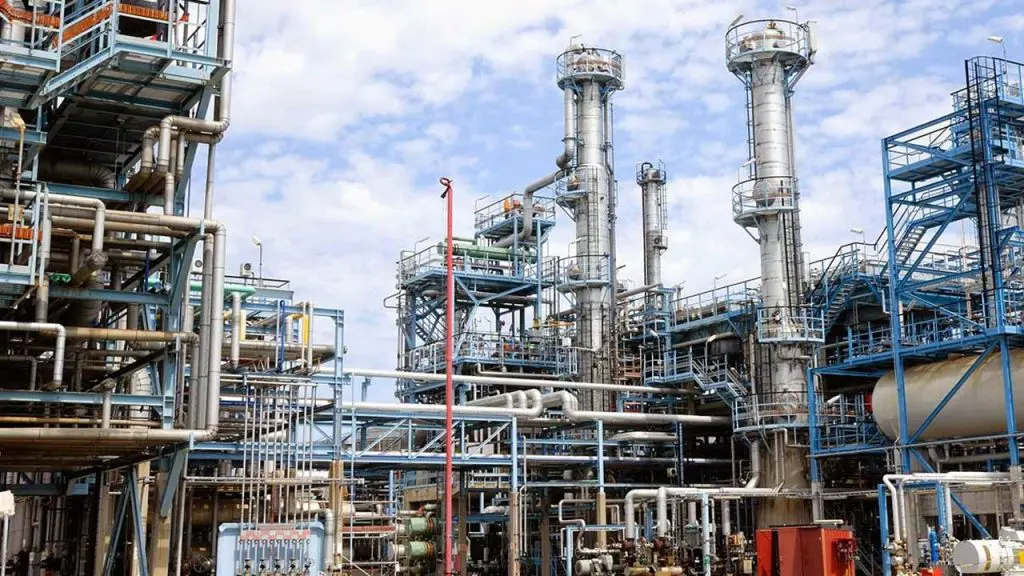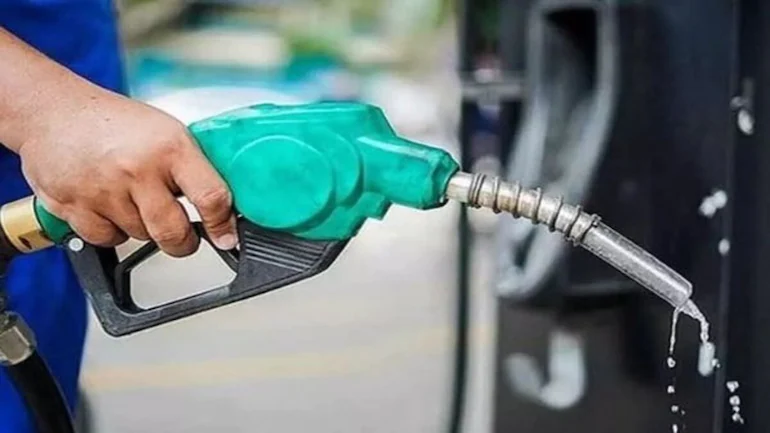News | Events | Digital PR | Advertising
“Port Harcourt Refinery Only Producing Diesel and Kerosene” – PENGASSAN

The Petroleum and Natural Gas Senior Staff Association of Nigeria (PENGASSAN) has confirmed that the Port Harcourt refinery, with a production capacity of 60,000 barrels per day, is operational and producing refined petroleum products such as diesel, kerosene, and petrol.
This update was provided by PENGASSAN National President Festus Osifo during the association’s National Executive Council Meeting on Tuesday in Abuja, addressing concerns about the refinery’s functionality.
Despite its much-anticipated start, debates about the refinery’s operational status persist. However, Osifo reassured attendees that the facility is active, though additional maintenance is required for full functionality.
He also noted that the refinery’s operations would not result in lower petrol prices, citing the weak value of the naira against foreign currencies as a key factor influencing refined product prices.
Osifo stated, “The confirmation I have today is that the refinery is operational. However, I need to explain the refining process. First, we appreciate Nigerians for holding the government accountable because we must ensure our assets work effectively. We cannot simply accept government claims without verification.
“We are also grateful to the media for keeping the government accountable on the refinery’s progress. We have verified with our members working at the refinery. The fractional distillation unit (CDU), which processes crude oil into various products by heating it at different temperatures, is operational.”
Osifo explained that while the refinery currently produces diesel, kerosene, and naphtha, the production of petrol remains incomplete. Maintenance is ongoing, and naphtha is being blended with other materials to produce petrol. However, the unit required to produce reformate, a critical component, is still under construction.
He emphasized that while the refinery’s operation would create jobs and stimulate the economy, it would not lower petroleum product prices due to the weak naira.
“The greatest challenge is the weakness of our currency,” Osifo stated. “With the naira trading at 1 dollar to 1,700 naira, the cost of goods, including petroleum products, will remain high.”
Explore more
Scientists Research Nigeria’s Okra, Maize, Four Other Crops During NASA’s Space Mission
International astronauts will research six indigenous Nigerian crops and seeds during the...
President Trump Orders Pharmaceutical Companies To Cut Drug Prices Within 60 Days
President Donald Trump on Thursday said he asked major pharmaceutical companies to...
Microsoft To Become The Next $4 Trillion Company
Microsoft (MSFT.O), opens new tab soared past $4 trillion in market valuation...
Importers Slash Petrol Prices Below Dangote Rates Amid Rising Market Competition
Competition has hit Nigeria’s petroleum sector as fuel importers slash petrol prices...












Leave a comment